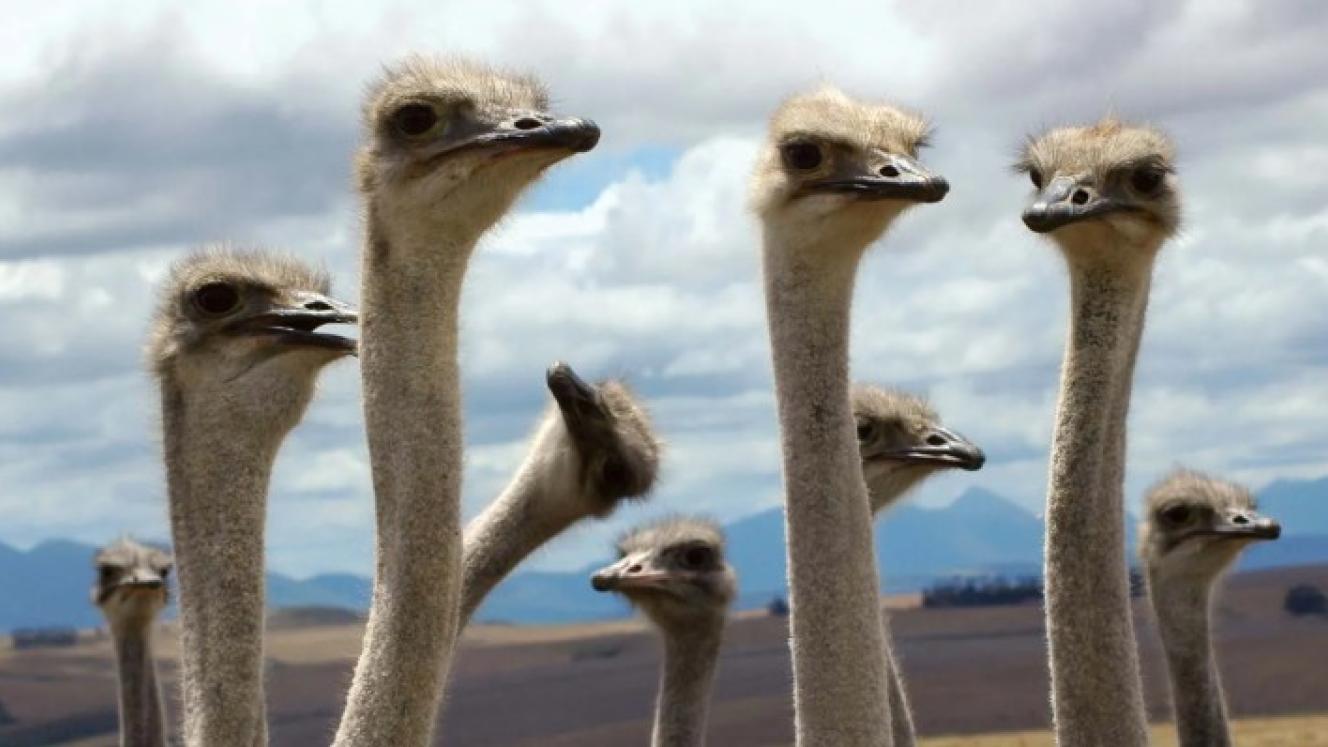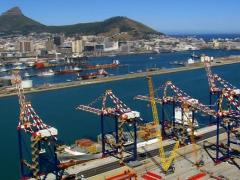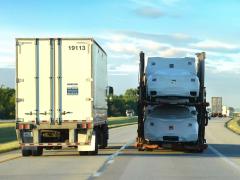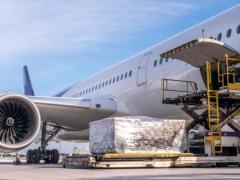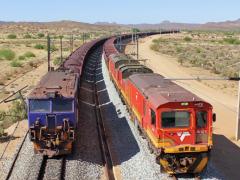Annual export trade worth about R200 million in ostrich products is at stake if South Africa’s Government of National Unity (GNU) fails to avoid a 30% increase in tariffs on goods that still have preferential access to the US market.
Every year, about 800 000 feather dusters and pet treats worth some R5 million are exported to America, says Dr Francois de Wet, managing director of the Oudtshoorn-based agri-collective, Cape Karoo International (CKI).
But it’s the tanned leather, prepared and shipped for expensive cowboy boots, that makes up the lion’s share of CKI’s shipments to the US.
Acting as processor and distribution channel for some 300 farms spread through the Klein Karoo, Southern and Eastern Cape regions, De Wet says South Africa is the only supplier of ostrich leather used for footwear production by brands such as Lucchese and Justin Boots, specifically for the US.
Although volume estimates of annual exports to the US are sensitive information, he says they make up about 25% of CKI’s annual outflows.
“Let’s just say it’s a significant amount of our annual turnover. Mostly we export via air freight, but often enough consignments justify container loads.”
Because 80% of CKI’s ostrich leather is exported to other countries outside of the US in the form of high-quality luxury wear, CKI can strategise around possibly absorbing the cost impact of US tariffs.
“But we obviously hope that it can be avoided, and thankfully there is still time for the government to intervene.”
Under the current baseline tariffs of 10%, instituted after the US administration of President Donald Trump called for a 90-day pause on higher tariffs, CKI’s American exports are still feasible.
“We are also talking to our US clients about foreseeably cushioning the impact of 30% tariffs, should we lose preferential access by August,” De Wet says.
Still, the likelihood looms large that an exclusive trade relationship in exotic leather, honed over some 40 years of sending ostrich products to the US, could be compromised.
He says if Trump proceeds with his threat to implement an additional 10% retaliatory tariff on top of the 30%, because of South Africa’s involvement in Brics, announced by Washington during the bloc’s 6–7 July summit in Rio de Janeiro, it could be painful.
“It will be a huge challenge to handle the August tariffs if the GNU fails to avoid the tariffs. But if additional tariffs are imposed on existing tariffs and costs escalate beyond 30%, then it becomes very difficult to feasibly remain in the US market.”
De Wet says for the time being, CKI’s core focus is not to overreact about what’s happening and to remain on a solid footing with its US clients.
Referring to the US mid-term elections in November 2026, he indicated that rash decisions to mitigate against the short-term effects of increased US tariffs could have serious long-term implications.
“We don’t know what’s going to happen in the next 18 months,” he says, adding that the tide could turn against Trump.
“For the time being we’re focusing on trying to find ways to continue trade with our US customers. We’re also investigating the possibility of creating new markets in a worst-case scenario, but it’s not that easy.
“We’ve been looking at stimulating dress-shoe manufacturing for existing offset points in Europe, but even the Italian market, known for its taste in refined fashion items, isn’t going for it.
“It has simply not come off the ground.
“That is why we are saying it’s very difficult for us to shift supply lines away from the US with its well-developed western boot market.
“We also plan well in advance and can’t suddenly take 20 000 ostriches out of the supply chain just to deal with tariff consequences.”
As for the possible impact on CKI’s roughly 1 000 employees, De Wet says the company is aware of the labour threat related to US tariffs but is steering well clear of alarmist utterances.
“Over and above the people in our employ, the clients we represent have people and families on their farms, and it’s important for them to feel protected. We’re not saying that there won’t be job losses if US tariffs bite, but we will do everything possible to protect jobs.
“We’re just carefully managing the situation.”
